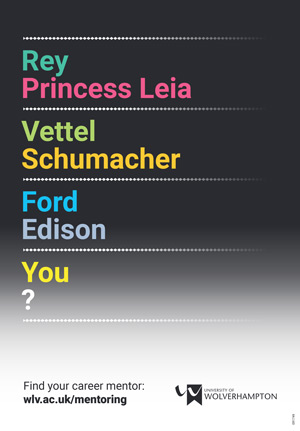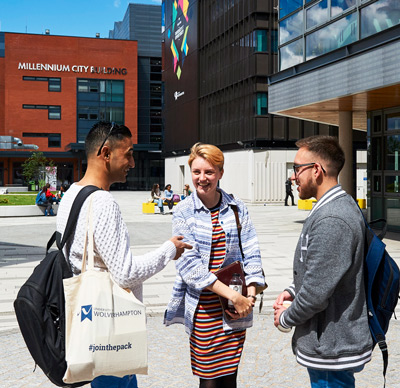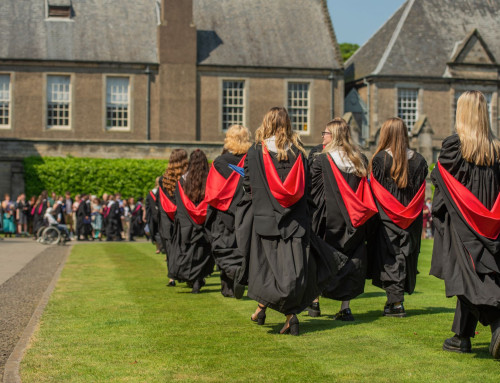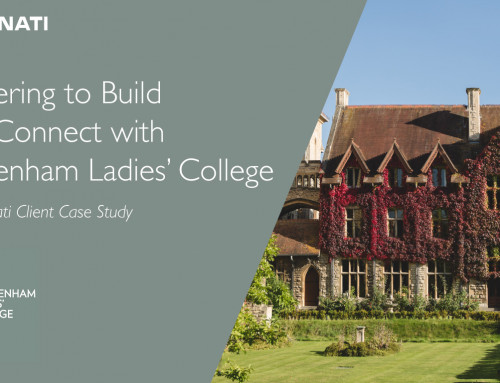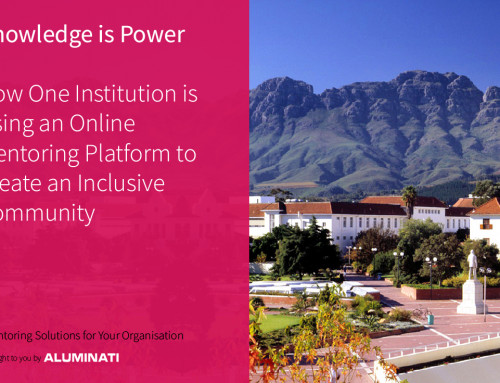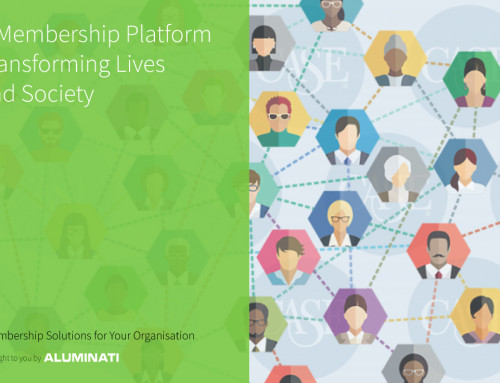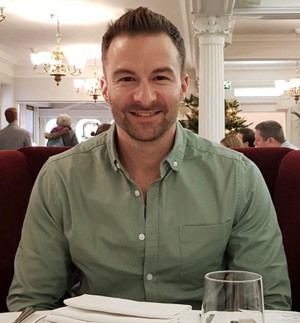 A Q&A with David Wedge, Alumni Relations Manager at the University of Wolverhampton
A Q&A with David Wedge, Alumni Relations Manager at the University of Wolverhampton
In March 2020, a campaign was launched by one of our clients to increase the number of registrations for the university’s online mentoring programme (powered by Aluminate). The result was that signups to the programme went up by 90% during the launch month.
I decided to reach out to David and ask him how they had achieved such impressive results.
Here is what he had to say…
Can you tell me a little about your alumni and student populations?
We have about 145,000 alumni on our database, with around 100,000 contactable. With around 20,000 current students enrolled, this community is growing rapidly year on year.
How do you gather contact information?
For the past year or two, with each new graduate cohort, we have been collecting consent and contact details as a mandatory way of registering for graduation. Clearly some opt-out, but the majority do sign up, so again, our alumni body is set to grow substantially.
How do you keep information up-to-date?
The data team have been working 5 to 8 years, cleaning and maintaining records on the system. This is complemented by mailshots, social media engagement, phone calls and events, in order to update and maintain records as best we can.
What were your campaign objectives?
We had successfully attracted alumni to our online platform, and we found that many are willing to be mentors, but had few students to match them. This is why we decided to focus primarily on getting students on the platform to set up more mentoring pairs.
What was the creative thought process behind the campaign?
As I said, the main objective was to get more students into mentoring relationships. The challenge was to create a campaign that would appeal to students and mature students alike. We decided that a good way to show the impact of mentoring was to show successful relationships, however, finding well known mentoring relationships to feature in the campaign was tricky. We opted to use popular historical or pop culture-based examples.
Our in-house designer came up with a series of visually striking posters to use on our various campuses.
How did you choose your messaging to make sense to as many people as possible?
Creating a generic campaign was challenging. With multiple age groups targeted we had to find examples that meant something to as many students as possible. In certain cases, like the Karate Kid pairing, the idea was that it would have wider appeal as there was an original, iconic film which was also later remade, thus appealing current and more mature students.
Each poster features 4 mentoring pairs. The reasoning behind this was that by showing multiple examples, almost everyone would recognise one or more of the relationships.
We also created variations based on the specialisms of our various campuses, for example, arts, science, or engineering, that featured mentors that students could relate to.
What has worked best for you in terms of marketing channels in the past?
Direct mail to be honest. We don’t get a great deal of signup following social media posts – direct email is far more effective. Our alumni magazine does feature adverts, but we don’t have a method in place of tracking the signups from that, unlike when we send emails where we see a direct spike. Direct mail is really the way we get most support and engagement on anything we do.
People always say social media is the way forward, but we have not found that to be honest with you. I suppose it is also a numbers game…we have say 100,000 emails as opposed to 5000 plus people on our Facebook page…the reach numbers are hugely different.
The impact of having these posters across the campus shows that a very visible campaign can have an enormous impact, and can form an important part of future campaigns.
What other channels would you consider in terms of reaching your alumni?
One area we will push more in terms of mentoring and getting alumni involved is LinkedIn, because it is a professional site and many of the people following our page are graduates.
I think this is a channel we can do even more with to engage with our professional alumni.
The connections we have via our LinkedIn page are pretty good, so I think we will use that to compliment the things we do on other channels.
What were your biggest challenges?
Getting students to follow through and request a mentoring relationship after signing up to the programme. Getting them matched and in an active relationship is a real challenge.
Also, because we, (the alumni department) are not student-facing, actually getting the numbers of students we want to be registered is a challenge. So I usually approach our careers team, the student’s union, and other student-facing departments to request collaborative support.
How do you plan to overcome the challenges?
We find that after an initial spike in engagement during marketing campaigns, things start to taper off. We don’t want to keep bombarding them with emails etc. Without student-facing services constantly saying…ok you might benefit from this careers support – go get yourself a mentor…the momentum ceases. So, for both onboarding and getting students engaged, our newly agreed way of working with the careers department moving forward will hopefully result in a more constant pushing of the message.
How has the COVID-19 epidemic impacted the campaign?
We are all affected by the viral epidemic. This project is no different. The upsurge in signup numbers has slowed down since the Covid19 outbreak. People obviously have other things on their mind. It is entirely understandable why signing up and entering a mentoring relationship is far lower on peoples priority list! However, I am confident in the groundwork we have laid, and hope that once we come out of the turmoil, we can continue to improve our students’ career opportunities.
Conclusion
I am very grateful to David Wedge for his time to talk to me about this fantastic initiative. As a marketer, seeing the impact of a well designed and executed campaign is exciting. The passion, focus, creativity and collaboration that made this project such a success is something we can all learn from. I wish David and his team the best of luck with their future endeavours and look forward to continuing our ongoing partnership.
About The Author
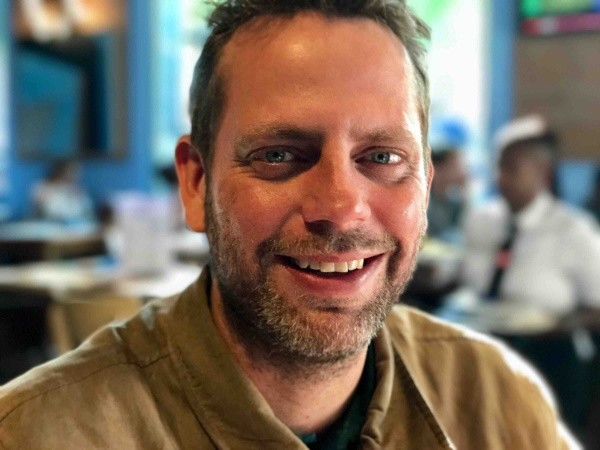
Andrej Dethlefsen
Marketing & Communications Officer at Aluminati
He is passionate about education, communications and community.

